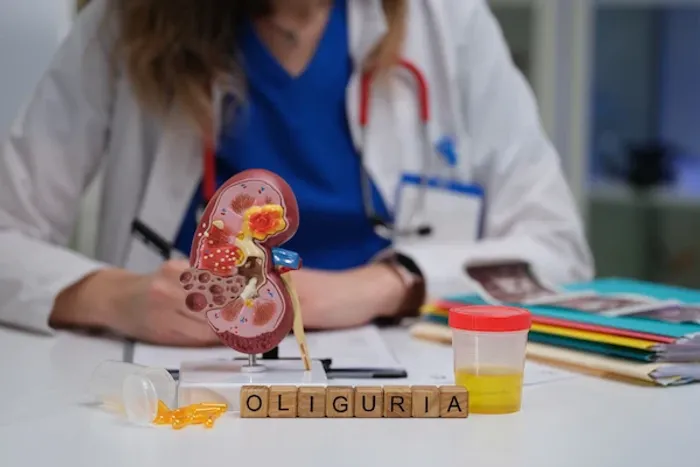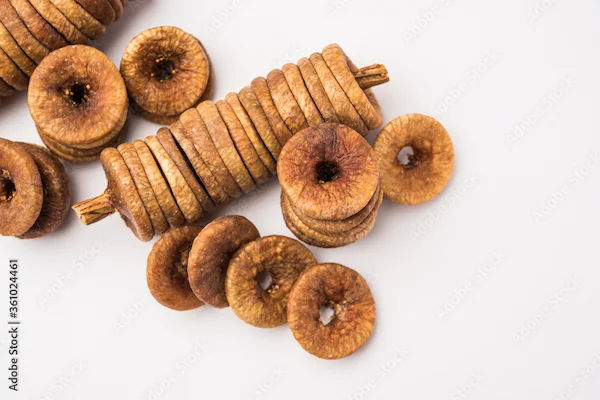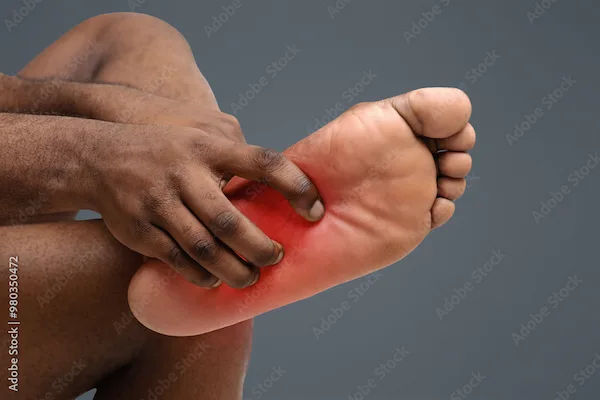Oliguria: Causes, Symptoms and Treatment Options
Oliguria, or low urine output, can signal serious health issues like kidney problems or dehydration. Learn about its causes, symptoms, diagnosis, and treatment options to protect your kidney health.

Written by Dr. Rohinipriyanka Pondugula
Reviewed by Dr. M L Ezhilarasan MBBS
Last updated on 25th Aug, 2025

If you’ve noticed that you’re urinating less than usual, it could be a sign of oliguria; a condition where the body produces abnormally low amounts of urine. While occasional changes in urine output are normal, persistent oliguria may indicate an underlying health issue that needs attention.
In this article, we’ll explore what oliguria is, its possible causes, symptoms to watch for, and treatment options to help you stay informed and take the right steps toward better health.
What is Oliguria?
Oliguria is a medical term used when a person’s urine output drops below 400 milliliters (mL) per day (for adults) or less than 0.5 mL per kilogram of body weight per hour (for children). Normally, a healthy adult produces about 800–2000 mL of urine per day, depending on fluid intake.
When urine production decreases significantly, it may mean that the kidneys aren’t functioning properly, leading to a buildup of waste and toxins in the body.
Common Causes of Oliguria
Several factors can lead to oliguria, ranging from mild dehydration to serious medical conditions:
1. Dehydration
Not drinking enough water, excessive sweating, diarrhea, or vomiting can reduce urine output.
2. Kidney Problems
- Acute Kidney Injury (AKI): Sudden loss of kidney function due to infections, toxins, or reduced blood flow.
- Chronic Kidney Disease (CKD): Long-term kidney damage affecting urine production.
3. Urinary Tract Obstruction
- Kidney stones, tumors, or an enlarged prostate (in men) can block urine flow.
4. Severe Infections or Shock
- Conditions like sepsis or severe blood loss can reduce blood flow to the kidneys.
5. Medications
- Certain drugs (e.g., diuretics, NSAIDs, or blood pressure medications) may affect urine production.
6. Heart or Liver Disease
- Conditions like heart failure or cirrhosis can lead to fluid retention and reduced urine output.
Symptoms to Watch For
Oliguria itself is a symptom, but it may be accompanied by other warning signs, such as:
- Dark-colored or concentrated urine
- Swelling in the legs, ankles, or face (edema)
- Fatigue or weakness
- Dizziness or confusion
- Shortness of breath
- High blood pressure
If you experience little to no urine output for more than 12 hours, seek medical help immediately, as it could indicate a serious condition.
How is Oliguria Diagnosed?
A doctor may perform the following tests to determine the cause:
- Urine tests (to check for infections, protein, or blood)
- Blood tests (to assess kidney function, electrolytes, and waste levels)
- Ultrasound or CT scan (to detect blockages or kidney abnormalities)
- Monitoring fluid intake and output
Get Your Symptoms Checked now.
If you suspect oliguria, consult a doctor for proper evaluation. Early diagnosis can prevent complications.
Treatment Options for Oliguria
Treatment depends on the underlying cause:
1. Dehydration
If dehydration is the cause, drinking more fluids (water, oral rehydration solutions) can help restore urine output.
2. Medications
- Diuretics (to increase urine production if kidneys are functioning).
- Antibiotics (if an infection is present).
- Medications to manage blood pressure or heart conditions.
3. Treating Kidney Issues
- If kidney damage is detected, treatments like dialysis may be needed temporarily or long-term.
4. Removing Blockages
- Surgery or procedures may be required to clear kidney stones, tumors, or prostate issues.
Consult a Top Kidney Specialist
5. Managing Chronic Conditions
- Controlling diabetes, high blood pressure, or heart disease can help prevent further kidney damage.
Lifestyle and Prevention Tips
To maintain healthy urine output and kidney function:
- Stay Hydrated – Drink enough water (about 8–10 glasses daily, unless advised otherwise).
- Monitor Urine Color – Pale yellow is ideal; dark urine may indicate dehydration.
- Limit Salt & Processed Foods – Excess sodium can strain the kidneys.
- Avoid Overuse of Painkillers – NSAIDs (like ibuprofen) can harm kidneys if taken excessively.
- Manage Chronic Conditions – Keep diabetes, blood pressure, and heart disease under control.
- Exercise Regularly – Promotes circulation and overall kidney health.
When to See a Doctor?
Seek immediate medical attention if you experience:
- No urine for 12+ hours
- Severe swelling or difficulty breathing
- High fever with reduced urine output
- Blood in the urine or extreme pain
Early intervention can prevent serious complications like kidney failure.
Need Help? Consult a Specialist Today!
If you or a loved one is experiencing reduced urine output or related symptoms, Apollo 24|7 offers expert consultations and diagnostic tests to help identify the cause and provide the right treatment.
Book an appointment now and take the first step toward better kidney health!
Final Thoughts
Oliguria is not just about urinating less—it’s a signal that your body may need attention. Whether it’s dehydration, kidney issues, or another condition, timely diagnosis and treatment can make a big difference. Stay aware, stay hydrated, and don’t hesitate to seek medical advice if something feels off.
Consult a Top Kidney Specialist
Consult a Top Kidney Specialist
Dr Gayatri Pegu
Nephrologist
15 Years • MD (General Medicine) DM(Nephrology)
Guwahati
Apollo Clinic Guwahati, Assam, Guwahati
Dr Ch Sashidhar
Nephrologist
20 Years • MBBS, MD General Medicine, DNB, Nephrology
Secunderabad
Apollo Hospitals Secunderabad, Secunderabad

Dr Praveen Kumar Etta
Nephrologist
10 Years • MBBS,MD DM(SGPGI) FORMER ASST(PIMS)
Hyderabad
Apollo Spectra Ameerpet, Hyderabad

Dr. Pardha Saradhi
Nephrologist
9 Years • MBBS, MD-DNB (Gen. Med.), DNB (Nephro)
Hyderabad
Apollo Hospitals D R D O kanchanbagh, Hyderabad
(50+ Patients)

Dr. Aswini Kumar Panigrahi
Nephrologist
23 Years • MBBS, MD (Int. Med.), DNB Nephro
Hyderabad
Apollo Hospitals Jubilee Hills, Hyderabad
(200+ Patients)
Consult a Top Kidney Specialist
Dr Gayatri Pegu
Nephrologist
15 Years • MD (General Medicine) DM(Nephrology)
Guwahati
Apollo Clinic Guwahati, Assam, Guwahati
Dr Ch Sashidhar
Nephrologist
20 Years • MBBS, MD General Medicine, DNB, Nephrology
Secunderabad
Apollo Hospitals Secunderabad, Secunderabad

Dr Praveen Kumar Etta
Nephrologist
10 Years • MBBS,MD DM(SGPGI) FORMER ASST(PIMS)
Hyderabad
Apollo Spectra Ameerpet, Hyderabad

Dr. Pardha Saradhi
Nephrologist
9 Years • MBBS, MD-DNB (Gen. Med.), DNB (Nephro)
Hyderabad
Apollo Hospitals D R D O kanchanbagh, Hyderabad
(50+ Patients)

Dr. Aswini Kumar Panigrahi
Nephrologist
23 Years • MBBS, MD (Int. Med.), DNB Nephro
Hyderabad
Apollo Hospitals Jubilee Hills, Hyderabad
(200+ Patients)





